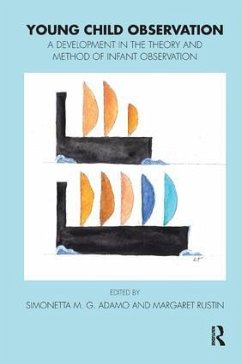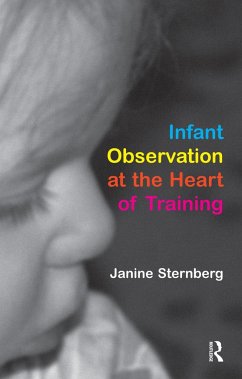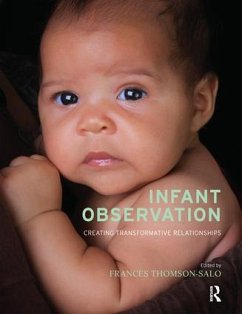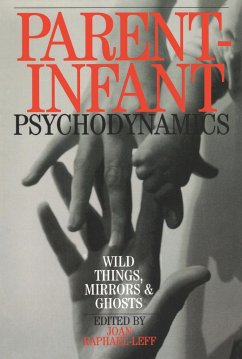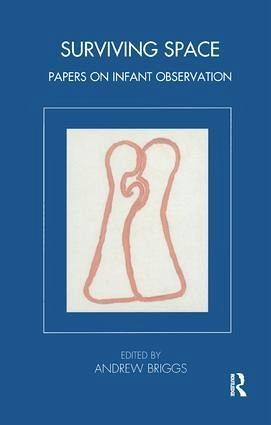
Surviving Space
Papers on Infant Observation
Versandkostenfrei!
Versandfertig in 6-10 Tagen
40,99 €
inkl. MwSt.
Weitere Ausgaben:

PAYBACK Punkte
20 °P sammeln!
Surviving Space is a collection of papers on infant observation and related issues by contemporary experts in the field, commemorating the centenary of Esther Bick and the unique contribution she has made to psychoanalytic theory. As part of the prestigious Tavistock Clinic Series, this is an essential addition to this highly-valued and innovative series. Infant observation is crucial to most psychotherapy training, and this work would be of obvious value to those commencing their training, as well as valuable insights for all psychotherapists.





